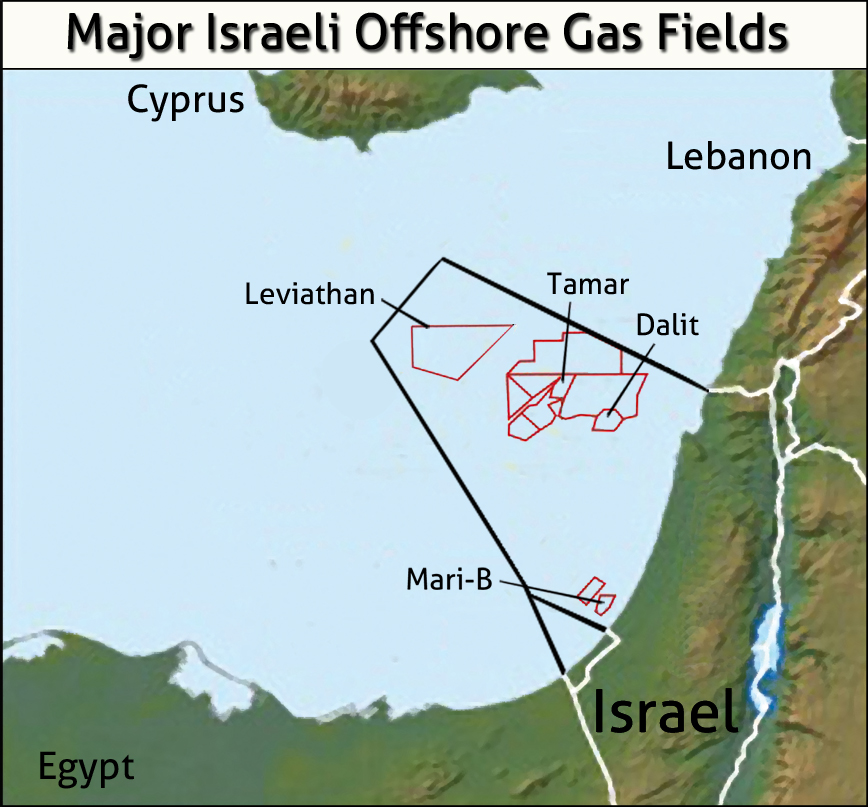From Commentary magazine, 11 April 2013, by Rick Richman:
As Secretary of State Kerry proceeds to gin up yet another peace process, armed with the Israel Policy Forum letter urging more “confidence-building steps” from Israel[release of more terrorists from jail], it might be worthwhile to reflect on two things we have learned about the “two-state solution” from the repeated failures over two decades [actually nine decades] to effectuate it.


First, the Palestinians have shown that they are unable to form a peaceful democratic state.
They have a “president” who next week enters the 100th month of his 48-month term; he has now been “out of office” longer than he was in it. The person who held the office before him served 107 months of his own 48-month term, until he had to leave office on account of death. Between them, the two presidents rejected three offers of a state (in 2000, 2001 and 2008). The current president has not been able to set foot in half his putative state for more than five years; he cannot arrange a new election, even in the half-state where he resides. There is no functioning legislature, so he rules by decree; those who would criticize him for this are best advised not to put their thoughts on Facebook. He is 78 years old, in uncertain health, with no known successor, and has long said he wants to retire; he continues to serve as “president” because peace processors need someone to play one on TV.
The Palestinians don’t even need Jews to have a failed peace process. Saudi Arabia and Egypt each tried to mediate one of the periodic “reconciliation” agreements between Fatah and Hamas, but found that Fatah and Hamas can’t live side by side in peace and security with each other, much less next to Jews. The “two-state solution” presumes a Palestinian state would be a stable entity, but there is no evidence that a Palestinian state would be anything other than what it is right now–half quasi-terrorist state and half fictitious “authority,” with neither half having the institutions of a successful state, or a self-sustaining economy.
Second, the Palestinians have repeatedly stated they do not view a Palestinian state as a “solution”...[which] means recognition of “two states for two peoples” and an end to claims.
In November 2011, when the Palestinians first went to the UN to avoid negotiating such a solution, Israeli UN Ambassador Ron Prosor noted that the UN resolution recommending partition in 1947 had referred 30 times to a “Jewish State,” but that 64 years later:
We still do not hear Palestinian leaders utter the term. The Palestinian leadership refuses to acknowledge Israel’s character as a Jewish state. You will never hear them say “two states for two peoples.” If you ever hear a Palestinian leader say “two states for two peoples,” please phone me immediately. My office has set up the equivalent of a 911 number in the event of such an unprecedented occurrence.
The call never came. In November 2012, when the Palestinians returned to the UN to avoid negotiating a two-state solution, Ambassador Prosor addressed the Palestinian president as follows:
President Abbas, I did not hear you use the phrase “two states for two peoples” this afternoon. In fact, I have never heard you say the phrase “two states for two peoples.” Because the Palestinian leadership has never recognized that Israel is the nation-state of the Jewish people. They have never been willing to accept what this very body recognized 65 years ago.
It should be obvious that an unstable and unpredictable Palestinian state is a problem, not part of a solution, particularly when its putative leaders are unwilling even to utter the phrase “two states for two peoples.” No amount of Israeli “confidence-building steps” for the chronically confidence-challenged Palestinians can solve that problem; the Palestinians can only solve it themselves.








